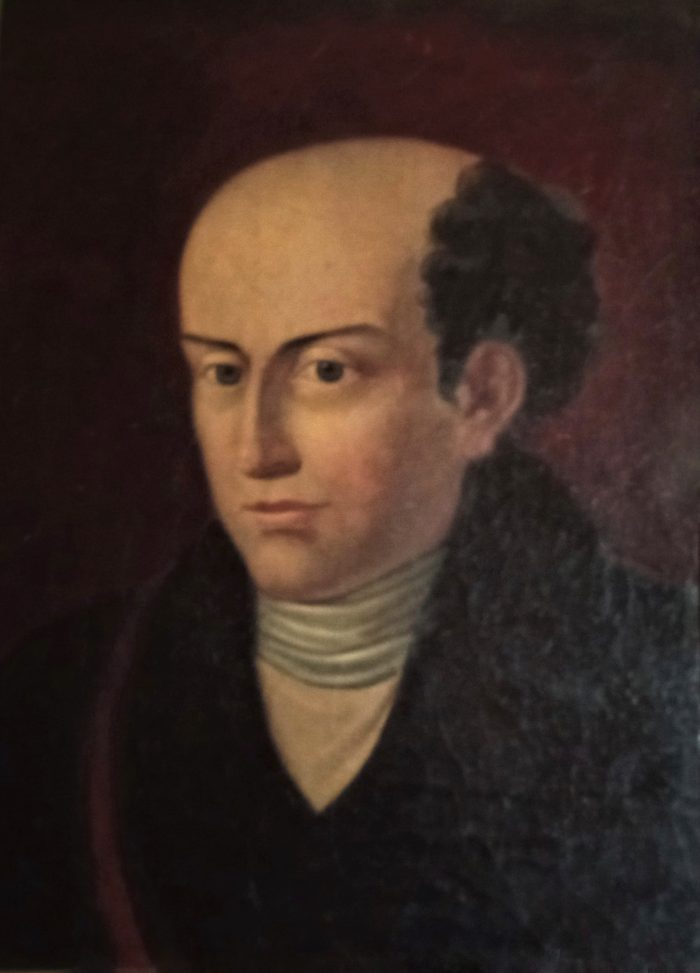Even during the years before the revolution, the Ionian Islands had been providing shelter to revolutionaries who wanted to escape the Ottoman authorities or to civilians who arrived there following the destruction of their homes. Many Islanders came to provide aid and shelter to the refugees who were forced to abandon Souli, Parga, and later, following the revolution, Mesolonghi and other revolutionary areas.
In 1814, the Ionian Islands came under British control. On the 7th June 1821, following the declaration of revolution, a proclamation was published by which, ‘All subjects of the Ionian Islands are ordered to take no part, either by providing aid or the opposite, to combatants of one side or the other, either by sea or by land’. However, many ignored the prohibition and rushed to contribute to the Struggle, sending money or armaments, or by taking part in the hostilities, such as at the battles of Lalas and Petas in 1821 and 1822 respectively.
The Ionian Islands were also represented at the siege of the Acropolis in 1826. On 11th September 1826, Mamouris, the leader of a unit of Ionians, disembarked at Faliro and began a night march headed for the Acropolis. Those besieged were in dire need of reinforcements, as the guard had been depleted following desertions and departures. However, as soon as the moon came out, Mamouris’ men lost their resolve and returned to Salamis from where they had set out. Their second attempt to enter the Acropolis also failed. This time, they lost 30 men to the army of Kütahi, which had been on guard and had spotted them hiding in the Kareas area. The Ottoman cavalry gave chase and prevented the mission following a bloody battle. Athanasios Leloudas of Ithaka and his 22 men showed outstanding bravery, holding off the Turkish cavalry for a whole day from the rough defences they had built before leaving for the safety of the Greek ships patrolling near the beach as soon as night fell.


